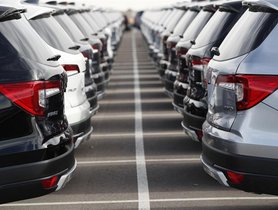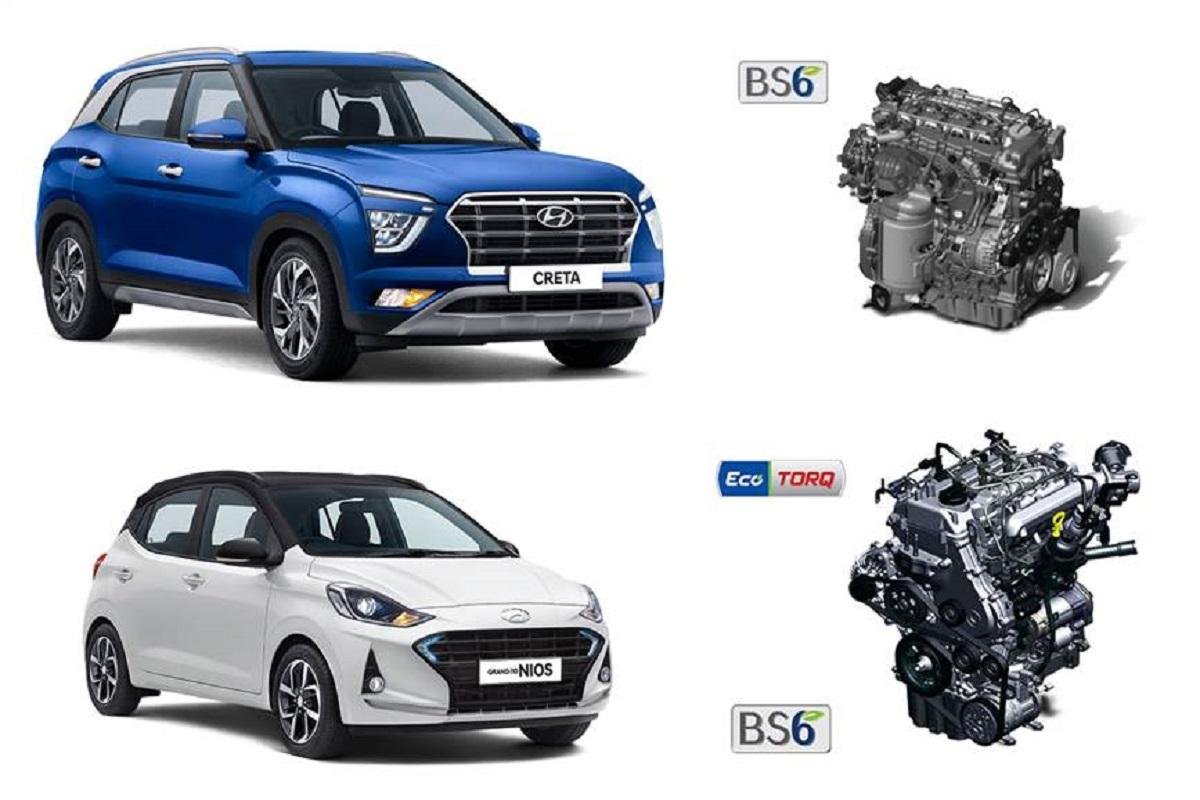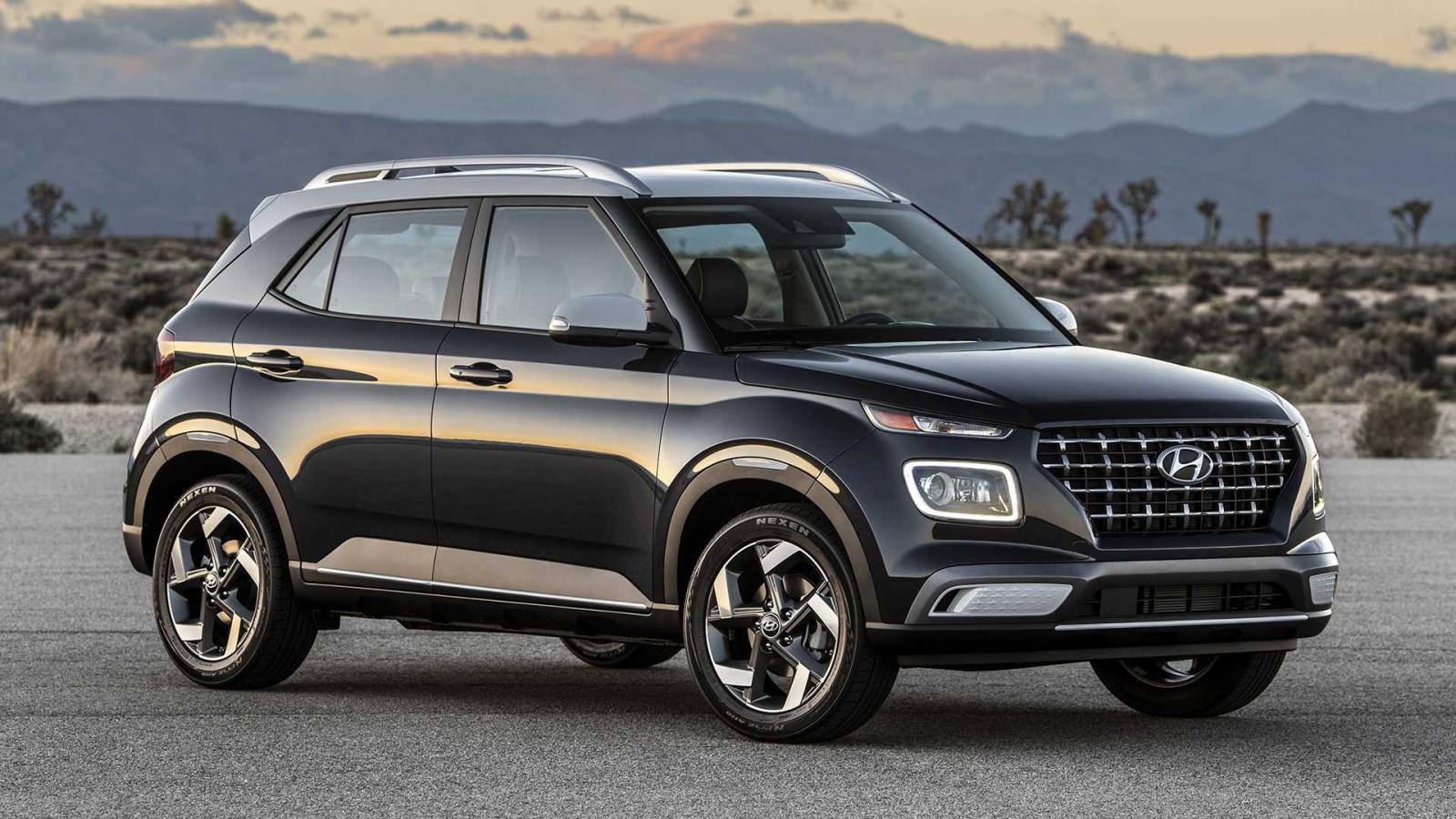Popular News
YOU MIGHT BE INTERESTED IN
Hyundai To Remove Diesel Engines From Its lineup Within Next 3-5 Years
by Chandrutpal Kashyap |
03/03/2021
Hyundai, India's second largest automaker has decided to remove all diesel engines from its lineup as it moves on to developing new electric and hybrid powertrains. Full story below.
- Tag:
- Hyundai cars







 Follow us on google news
Follow us on google news
